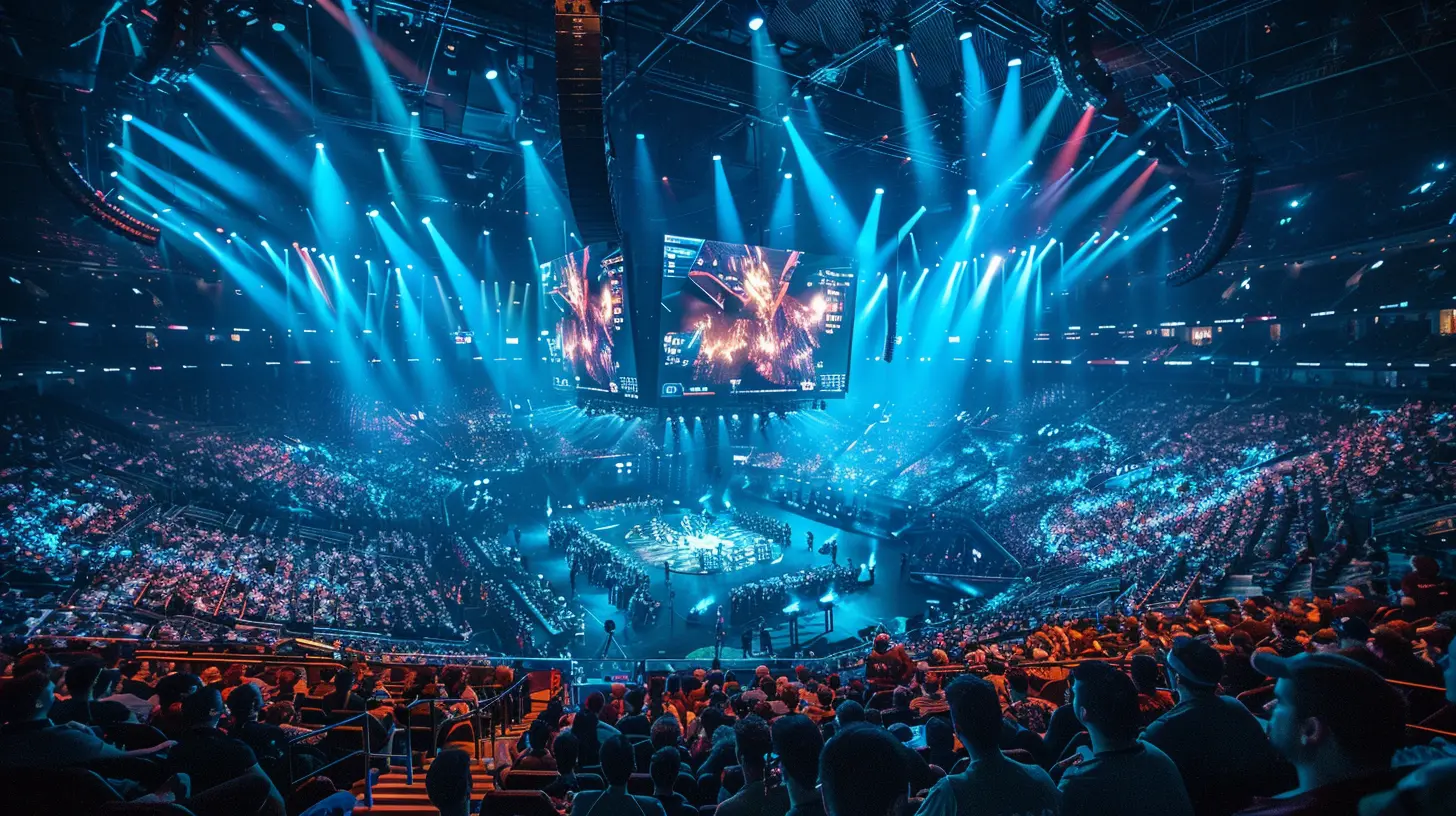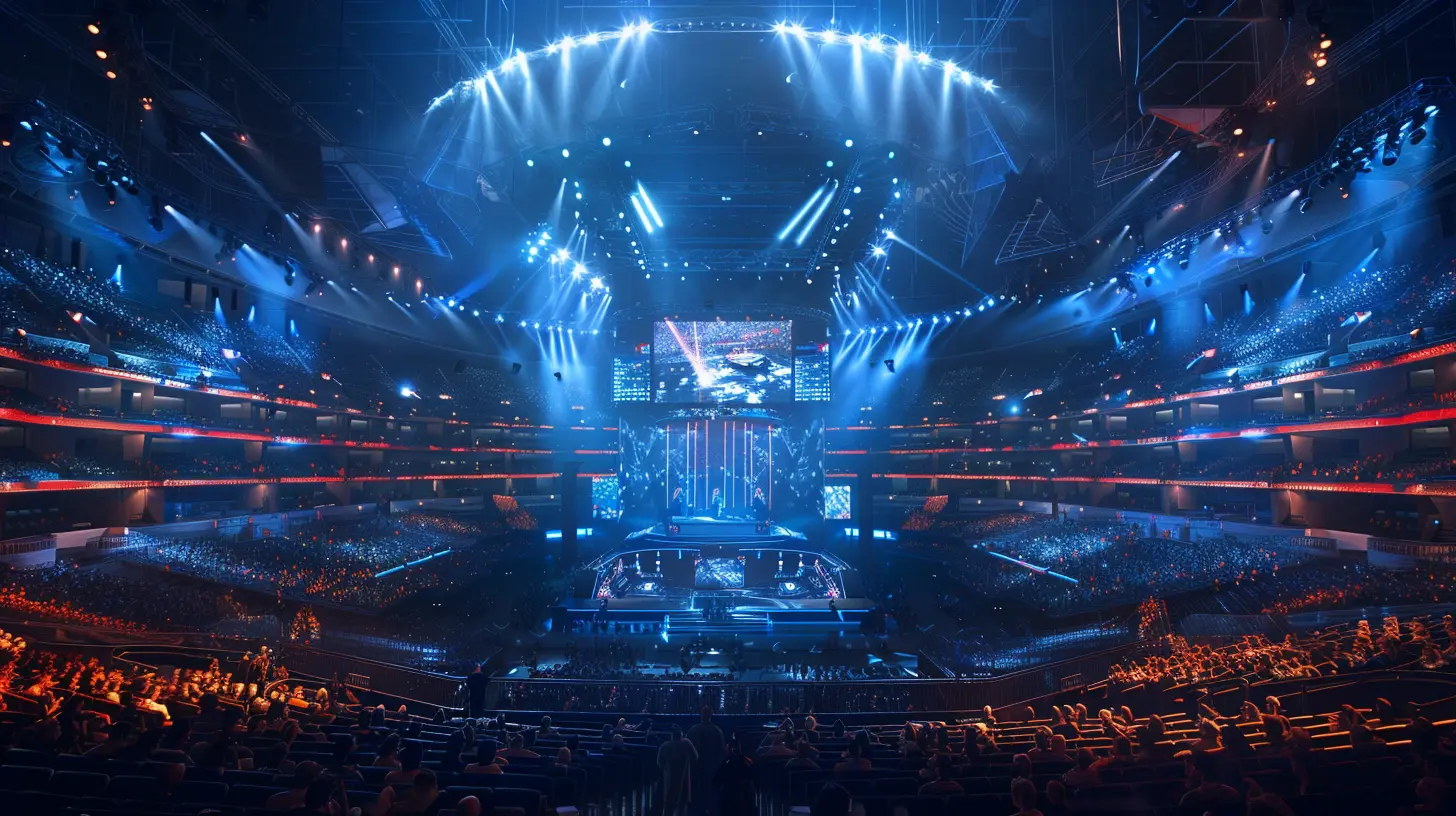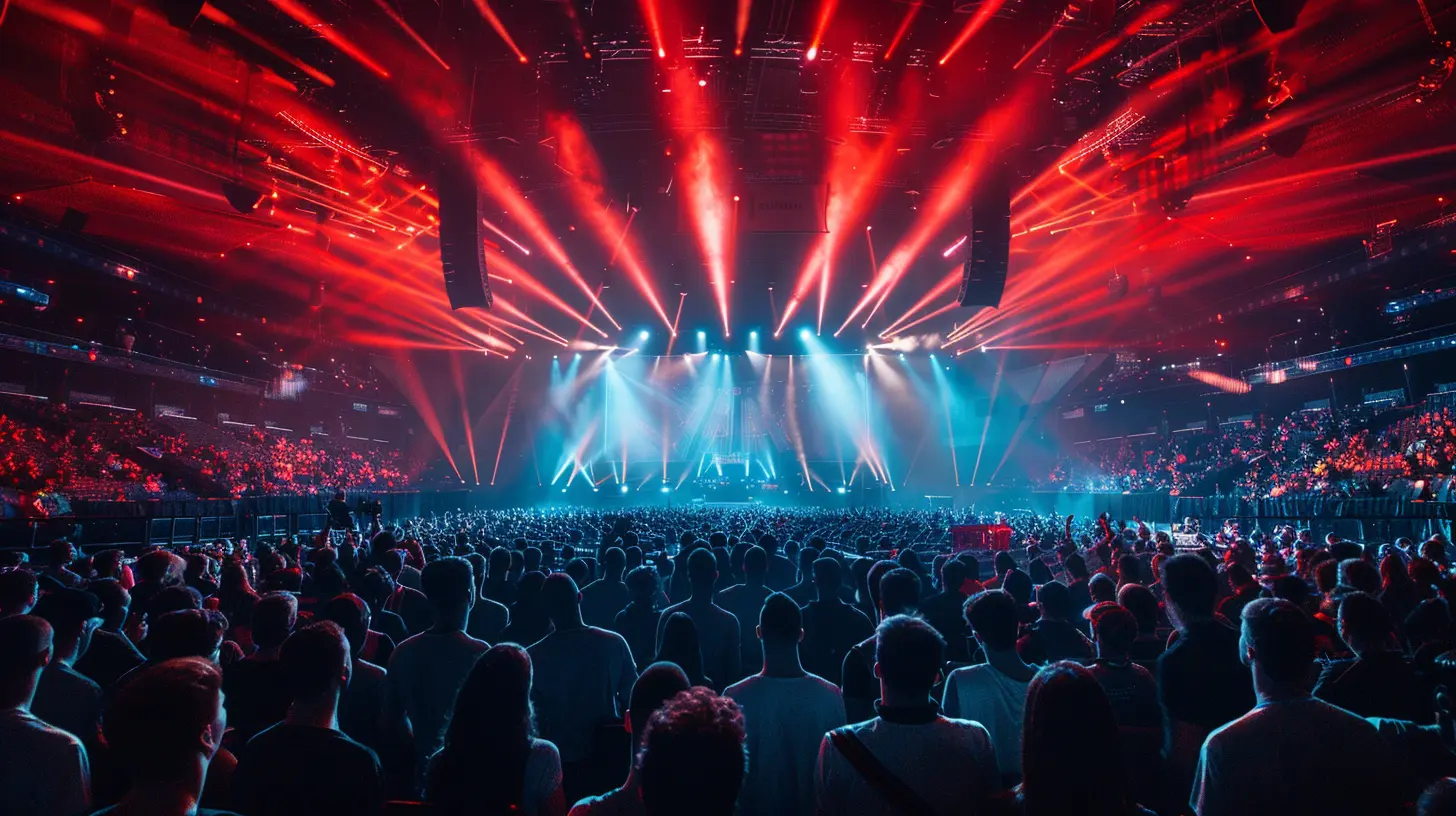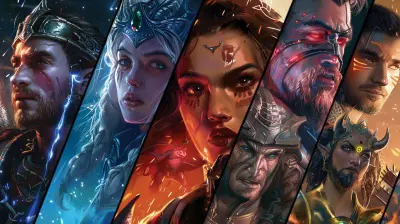How PC Gaming Platforms Are Shaping the Landscape of Competitive Esports
13 July 2025
If you’ve ever rage-quit a ranked match or stayed up till 3 a.m. shouting "GG EZ" in voice chat, congrats—you’re part of the rapidly evolving world of competitive esports. But have you ever wondered what’s quietly pulling the strings behind the scenes? No, it’s not your overpriced RGB keyboard or your questionable aim. It’s the PC gaming platforms themselves that are doing heavy lifting, transforming esports from pixelated pastimes to global phenomena.
Let’s dive into how platforms like Steam, Epic Games Store, Riot Client, and others are not only shaping esports—but turbocharging it like a Red Bull-chugging speedrunner on caffeine steroids.
The Backbone of Esports: What Are PC Gaming Platforms Anyway?
Okay, let’s break it down Barney-style—PC gaming platforms are software libraries (kind of like Netflix, but for games) where developers release titles and gamers launch, manage, and sometimes even buy their games. Think of them as the virtual VIP lounges where all the top esports games hang out. No biggie.Examples Include:
- Steam (The OG of game platforms)- Epic Games Store (Fortnite’s flashy cousin)
- Riot Client (League’s home turf)
- Battle.net (Blizzard’s command center)
- Origin (EA’s sometimes-ignored child)
These platforms aren’t just digital storefronts—oh no. They're ecosystems built with matchmaking, anti-cheat systems, social hubs, and tournament infrastructures. Basically, they’re the Swiss army knife of PC gaming.
Matchmaking Magic: Leveling the Esports Playing Field
One of the most important roles these platforms play is in matchmaking. Remember the days when you had to know someone’s IP to invite them to a game? Yep, those dark ages are behind us, thanks to automated matchmaking systems now embedded in these platforms.Why Matchmaking Matters
- Fairness: You’re matched with players near your skill level (unless you’re in Elo hell).- Speed: No more begging on Discord for teammates.
- Ranking: Platforms let you flex your rank like it’s a Gucci belt.
This levels the battlefield—both literally and figuratively—and allows for casual gamers to experience the rush of competitive play without needing a PhD in Discord server management.
Built-In Anti-Cheat: Because Nobody Likes a Wallhacker
Picture this: you're in a 1v1 clutch, and boom—some shady opponent somehow headshots you through three walls while cooking a hot pocket. Rage-inducing, right? That’s why anti-cheat systems baked into PC platforms are a godsend.Key Players in Banhammer Justice:
- VAC (Valve Anti-Cheat) – Used in Steam games like CS:GO- Riot Vanguard – Valorant’s guard dog
- Easy Anti-Cheat – The go-to for many competitive titles
Having anti-cheat integrated at the platform level means developers can focus more on creating killer gameplay while the platform handles the cheaters. It’s like a bouncer at a nightclub—keeping the fakes out so the real gamers can party.
Spectator Tools & Broadcasting: Esports’ Glorious Glow-Up
Let’s be honest, watching esports in 2024 is like watching the Super Bowl, but with less commercials and way more fire plays. And PC gaming platforms? They're the unsung heroes behind the curtain.Streaming Integrations FTW
- Built-in Twitch & YouTube links- Spectator modes with multiple camera angles
- Replay systems for that sweet, sweet highlight reel
These tools make esports content more accessible and enjoyable for fans. Whether you're watching a no-scope headshot for the 50th time or analyzing pro strats, PC platforms make it possible without needing NASA-level tech skills.
Modding & Customization: Spicing Up the Esports Meta
Who says esports has to be serious 24/7? Thanks to PC gaming platforms enabling modding tools and customization, we're seeing a whole new layer of competition.Why Mods Matter:
- New Game Modes: Think of Dota 2’s Auto Chess—it literally started as a mod.- Skins and Cosmetics: Not just about looking fly; it’s a billion-dollar industry!
- Community-Driven Events: Platforms support custom tournaments and leaderboards.
This flexibility keeps esports fresh. It’s like tossing jalapeños on a pizza—you didn’t know you needed it until it hits just right.
Cross-Platform Play: Uniting Gamers Across the Universe
Okay, maybe not the universe—but definitely across PC and consoles. As cross-platform play becomes more common, PC platforms are central hubs making all the magic happen.What This Means for Esports:
- Bigger Player Bases: More players = more competition = better esports- Unified Leaderboards: You can finally prove you're better than your cousin who plays on Xbox
- Wider Skill Matching: Broader pool means challenging matches without long wait times
Platforms like Epic (via Fortnite) and Activision’s Battle.net (Warzone) are pushing this boundary every day, and competitive scenes are exploding because of it.
Developer Support Tools: Helping Esports Grow from the Ground Up
Esports isn’t just about the players—you need devs building the games, updating the meta, and fixing the OP shotgun everyone keeps abusing. PC platforms give developers the tools they need to keep the esports ecosystem thriving.What Tools Are You Talkin' About?
- Detailed analytics dashboards- Patch deployment systems
- Beta testing environments
- Community feedback hubs
With better tools, devs can balance games, roll out new content quickly, and listen to feedback from competitive players. Think of it as planting fertilizer on a lawn full of esports—it grows faster and greener.
Tournaments and Events: From Your Bedroom to the Big Stage
Before you go saying, “I could totally go pro if I tried,” let’s look at how PC gaming platforms help players actually make that leap from casual to contender.How Platforms Facilitate Competition:
- Integrated tournament brackets- In-game qualifiers (think Fortnite’s online cups)
- Prizing and rewards management
- Stat tracking and performance analysis
These features let unknown players rise through the ranks. PC platforms democratize competition—you don't need a fancy sponsor or a team house in LA to get noticed anymore. Just skill, grind, and maybe a little caffeine.
Community Building: Because No One Games Alone (Except That One Guy)
Esports isn’t all sweat and stats. There’s a social side too. PC gaming platforms help players connect, create clans, share content, and just hang out.Social Features We Love:
- Friends lists and chat (obviously)- Forums and discussion boards
- Profile pages with match histories
- Player-created events and scrims
Whether you're starting a new amateur Overwatch team or just looking for that one teammate who doesn’t insta-lock Genji, platforms make it easier to find your people.
The Future’s So Bright, You’re Gonna Need Gaming Glasses
So, where is all this headed? If current trends continue (and barring any apocalyptic events), PC gaming platforms will only get smarter, faster, and more integrated into the esports universe.What’s Next?
- AI-powered coaching and training tools- Blockchain-powered tournaments and secure winnings
- Deeper VR/AR esports integration
- Universal rankings across multiple games
We're heading toward a world where esports players may have career paths as lucrative and structured as traditional athletes. And PC gaming platforms are laying down that yellow brick road one update at a time.
Final Thoughts: Respect the Platform, Bro
Listen, esports may look like it's all about flashy plays and meme-worthy trash talk, but there’s a whole lot of tech infrastructure running the show. PC gaming platforms aren’t just launching games—they're building the scaffolding underneath the skyscraper that is competitive gaming.So the next time you boot up League, drop into a Warzone lobby, or whiff all your abilities in Valorant, take a second to thank the platform that made your glorious failure possible.
Now go queue up—your esports destiny awaits.
all images in this post were generated using AI tools
Category:
Gaming PlatformsAuthor:

Audrey McGhee
Discussion
rate this article
2 comments
Brittany Young
This article expertly highlights the pivotal role PC gaming platforms play in the evolution of competitive esports. By facilitating accessibility, enhancing player experience, and fostering community engagement, these platforms are transforming esports into a mainstream phenomenon that continues to grow exponentially.
October 12, 2025 at 4:49 AM

Audrey McGhee
Thank you for your insightful comment! I'm glad you found the article highlights the significant impact of PC gaming platforms on the evolution of esports. Their role in accessibility and community engagement is indeed crucial to the industry's growth.
Soraya Harmon
Great insights on the evolving role of PC gaming platforms in esports! Excited to see how this landscape continues to develop.
July 20, 2025 at 3:55 AM

Audrey McGhee
Thank you! I'm glad you found the insights valuable. The evolution of PC gaming platforms is indeed an exciting area to watch!


